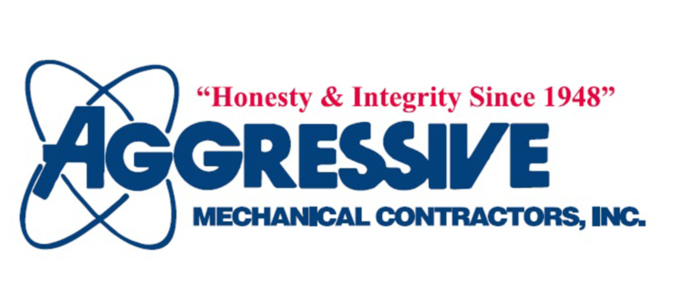Buying your first home is exciting. You’re probably juggling numerous details about making the right choice. We believe that gaining insight into your potential new HVAC system is vital. The property’s HVAC system represents a substantial investment and potential source of long-term costs, illustrating why a detailed inspection helps all first-time homebuyers.
In this guide, we’ll outline seven tips for learning everything you can about a home’s heating and cooling system. And if you want a more in-depth opinion from the pros, consider calling Aggressive Mechanical. Our seasoned technicians can help you compare your options with industry insights you won’t find elsewhere.
1. What Type of HVAC System Is It?
Start by clarifying what kind of HVAC system the home includes. Furnaces generally last longer compared to air conditioners, and some of the latest types of HVAC products like heat pumps can offer average life spans that are even longer. Knowing the make and specific model gives you a much better sense of how much routine maintenance it might need.
2. How Old Is the Current HVAC System?
It also helps to learn how old the HVAC system is when you’re considering a potential new home. On average, HVAC systems last about 10-12 years. Having the knowledge of when it was installed helps you plan for possible repair needs or considerations if it might shut down for good. Older systems are more prone to problems, so budgeting for a replacement unit could be necessary sooner than you thought.
3. Is the Warranty Active?
Be sure to check the HVAC system is covered by a warranty. If it is, this can assist with maintenance costs. HVAC warranties often cover parts and labor, but the details in each policy will vary. Don’t forget to look into any terms that seem confusing to ensure you understand your coverage and potential out-of-pocket costs.
4. When Was the Last Time It Received Maintenance?
Next, examine the maintenance history of the HVAC system, if such information is available. This kind of information can reveal if there have been regular problems or how often maintenance is performed. Inquire about key tasks such as changing the air filter, which can indicate it received regularly scheduled tune-ups.
5. Are You Aware of the System’s Energy Efficiency Ratings?
Selecting a system with high energy efficiency means smaller utility bills and a smaller environmental impact. Look for the seasonal energy efficiency ratio (SEER) ratings for air conditioning and the annual fuel utilization efficiency (AFUE) for furnaces. Higher SEER ratings mean better cooling across the entire season, while higher AFUE ratings illustrate that the fuel is efficiently converted into useable heat.
6. Can You Spot Trouble After Your Own Inspection?
Even without the know-how of an HVAC technician, you should still examine the HVAC system yourself. Watch closely for signs of problems that might have been overlooked. This might consist of odd sounds, stubborn patches of the house that are too hot or cold and attempts to hide any serious damage.
7. Have You Sought Out Expert Advice?
If you’re unsure about the current state of the HVAC system, it’s never a bad idea to get a professional opinion from certified HVAC technicians. They can spot things you may not know about, like leaking coolant, damage to the wiring or damaged ductwork.
A Chat with Aggressive Mechanical Simplifies Your Home-Buying Journey
Finding your first home should be thrilling, and Aggressive Mechanical will do everything possible to ensure it stays that way. Reach out with us at 732-502-9300. We can talk about how our HVAC services ease your mind, giving you what you need to dive into home-ownership with confidence.
